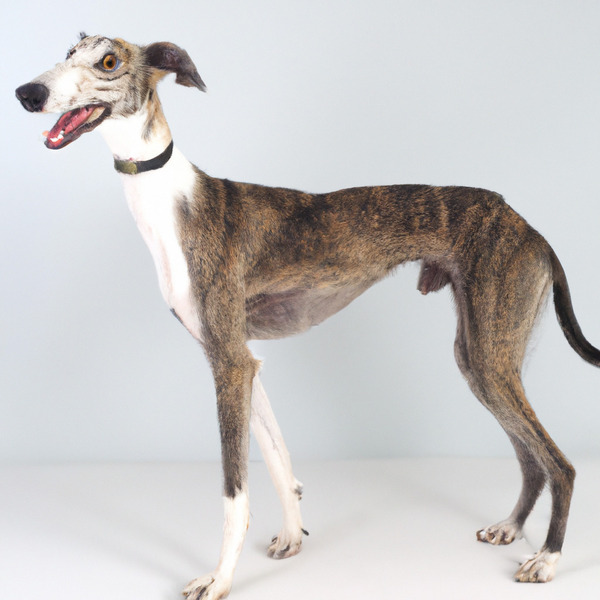
Lurcher Breed Information & Characteristics
Weight Gain Potential
Do Lurchers get fat easily?
The Lurcher is a dog breed that has a low to average risk for obesity. This means that they are less likely to gain weight than some breeds, but it is still important to monitor their food intake and ensure they get enough exercise to maintain a healthy weight and overall well-being.
Hypoallergenic
Are Lurchers Hypoallergenic?
Unfortunately, the Lurcher is not hypoallergenic, making it not a good choice for a dog lover who suffers from pet allergies.
Temperament
What is a Lurcher personality? What are Lurcher dogs best known for?
Affectionate
Funny
Loving
Shedding Level
Are Lurchers heavy shedders? How Much Does a Lurcher Shed?
Lurcher dogs are not heavy shedders, but they will lose a significant amount of hair each year. To decrease the amount of shedding, you can regularly brush your Lurcher. This will remove loose hair and keep his coat growing in the same direction.
Watchdog Ability
What is the watchdog ability of a Lurcher dog?
Lurchers are very good watchdogs. They are a vocal breed, and are wary of outsiders, so if someone approaches your home or aims to intrude, the Lurcher is going to make sure everyone knows about it.
Origin
Where do Lurchers come from?
Great Britain
Ancestry
What are Lurchers descended from?
Sight-hound
Breed recognition
What organizations or kennel clubs recognize/register the Lurcher breed?
Dog Registry of America Inc.
Date of Birth
When were Lurchers first bred? How old is the Lurcher breed?
Middle Ages
Breed Group
What Breed Group is a Lurcher?
Sighthound
Eye Color Possibilites
What color are Lurcher eyes?
Blue
Hazel
Brown
Amber
Nose Color Possibilites
What color can Lurcher nose be naturally?
Blue
Black
Brown
Isabella
Coat Color Possibilites
What color can Lurcher coat be naturally?
Brindle
Sable
White
Pied
Silver
Blue
Fawn
Isabella
Cream
Red
Brown
Gray
Black
Coat Length
How long is a Lurchers coat?
The coat of a Lurcher falls in the medium length category.
Coat Density
How Dense Is The Lurcher Coat?
Coat Texture
What is the texture of the hair of a Lurcher?
Straight
Litter Size
How many puppies can a Lurcher have in a litter? How many puppies can a Lurcher have in her first litter?
A Lurcher can have a litter of 12-14 puppies on average. However, it's worth noting that the size of the litters can vary greatly. Factors that can influence litter size include the health of the mother, breeding history, and genetics.
Adaptability
Lurcher dogs generally adapt well to changes in lifestyle and different living environments, but it is considered as an average level of adaptability compared to other breeds.
Health Issues
Do Lurchers have a lot of health problems?
The Lurcher is generally considered to be healthy. However, like all breeds, they are susceptible to certain health issues and it is important to keep an eye out for them and address them with your veterinarian as needed.
Major Concerns
What are the major health concerns to be aware of when owning a Lurcher?
Heat Stroke
Gastric Dilation Volvulus (GDV) or Bloat
Minor Concerns
What are the less significant issues to keep in mind when it comes to Lurchers?
Hypothyroidism
Foot and Toenail Injuries
Eye Conditions (Cataracts, Lens Luxation)
Occasional Tests
What are the occasional tests recommended for Lurcher breed?
Eye Examinations
Blood And Urine Analysis
X-rays or other radiographic imaging
Bone Biopsy
Energy
Do Lurchers have a lot of energy?
For those who lead a balanced lifestyle, Lurchers may be a good choice as they have an average energy level.
Social Needs
Do Lurchers need socialization? How social are Lurchers?
Lurchers have average social needs compared to other breeds. They are known to be less active and independent than other breeds, and they are content with spending time alone and with their human family.
Exercise Needed
How much exercise should Lurchers get?
The Lurcher dog requires a moderate amount of physical activity to maintain a healthy lifestyle. These breeds are ideal for people who have a moderate amount of time to devote to their pet and enjoy regular physical activity themselves. They also make great family pets as they have the energy to keep up with children and the temperament to be great companions.
Sleeping Need
How much sleep should a Lurcher have? Do Lurchers sleep a lot?
The Lurcher breed is known for its moderate energy levels and normal sleep patterns, typically sleeping around 12-14 hours per day.
Drooling Tendency
Does a Lurcher drool a lot?
The Lurcher is a dog that is known for its low drooling tendency. If you dislike drool marks on your clothing, the Lurcher could be a suitable choice for you.
Tendency to Bark
How much does it bark?
Lurchers tend to bark moderately, they bark when necessary, such as to alert their owner or to communicate something. They may also bark due to certain triggers like fear, alarm, boredom, greeting, separation anxiety and compulsive barking.
Territorial
Do Lurchers exhibit aggressive behavior to safeguard their home and territory? Do they possess a natural tendency to guard?
These dogs are known for their strong territorial instinct and protective nature. They will fiercely defend their territory and are highly alert and vigilant against any perceived threat to their home and family.
Mouthiness
Are Lurchers mouthy?
Roaming urge
What is the likelihood of a Lurcher running away? Do they have a tendency to explore or wander frequently?
Prey Drive
Do Lurcher dogs have a high prey drive?
Past times
What do Lurchers enjoy doing? How do I keep my Lurcher busy?
Go on Vacation, Frisbee, Catch treats, Tug-of-war, Chase, Nose work, Dog Parks, Hike, Ball chasing, Hide and seek
Activity Level
What is the energy level of a Lurcher? How much energy does a Lurcher have?
Lurchers are medium-energy dogs and typically enjoy socializing and playing casual or even sustained games of chase with other dogs. They may also have occasional periods of barking or racing around the house.
Tolerance of being left alone
Walks per Week
How far should a Lurcher walk each week? How many miles should a Lurcher walk every week?
There's really no limit to how far you walk your dog as long as they're comfortable. For Lurcher, it's at least 15 miles / week. Just remember to build distance and stamina gradually over time.
Activity per Day
How much a Lurcher should exercise a day? How much activity does a Lurcher need?
In general most Lurchers usually need at least 60 minutes of exercise daily. This can be spread across the day and include all sorts of high-energy activities, like walking, running and playing.
Grooming
What level of grooming should be provided for a Lurcher?
The Lurcher is a breed of dog that requires an average amount of grooming effort.
Brushing Frequency
How often should you brush a Lurcher?
Lurcher should be brushed at least once a week. Of course you can give them more frequent brushes if you find that they are still shedding a lot
Brushing Tools
What are the most commonly used brushing tools for Lurchers?
Pin Brush
Slicker Brush
Nail Clipper
Cups
How many cups of food does a Lurcher eat?
For an average 60-70 pound (27 - 32 kg) Lurcher feed 2.5 cups daily. But, keep in mind, the amount you feed is going to be dependent on the quality of the food you are feeding.
Daily Cost
How Much Does a Lurcher Cost Daily?
The average cost of a Lurcher is somewhere $2.10 - $2.70 per day.
Monthly Cost
How Much Does a Lurcher Cost Per Month?
The average per month expenses of a Lurcher is between $48 - $63. This makes an average of $576 - $756 per year. It will be on the higher side when the dog is still small because it will need more frequent visits to the vet, shots.
Intelligence
How intelligent is a Lurcher?
The Lurcher have below the average degree of obedience intelligence among other breeds. However, calling them “dumb dogs” is unfair. Where Lurchers lack in obedience & working intelligence, they make up for it with their keen ability to understand human emotions.
Sensitivity Level
How sensitive is a Lurcher dog?
This dog breed is more sensitive than others and easily overwhelmed by new surroundings and people. They need gentle handling and a calm, stable home environment with positive reinforcement training.
Affection Dependance
Are Lurcher dogs affectionate?
Apartment Friendly
Do Lurcher do well in apartments? Are Lurchers good indoor dogs?
The Lurcher is not an apartment-friendly dog breed. This dog breed is best in a home with a large, fenced-in yard. They are not suited for apartment life and can become destructive due to pent up energy from being in a small space.
Child Friendly
Are Lurchers good with kids? Are Lurchers good around children?
Lurchers are kid-friendly dogs. They are good with children and excellent dogs with children if they are socialized and trained at a young age.
Senior-friendly
Are Lurchers good for elderly?
Cat Friendly
Are Lurchers good with cats? How friendly Lurchers are toward cats?
Lurchers are an average cat friendly dog. They do well with cats, even more if raised together from puppyhood,
Dog Friendly
Do Lurcher dogs get along with other dogs? Are Lurchers OK with other dogs?
Lurchers are below average dog friendly dogs. Lurcher dogs may not always get along well with other dogs they have not been raised with,
Pet friendly
How do Lurcher dogs interact with other pets? Are they considered pet-friendly?
Stranger Friendly
Are Lurchers friendly with strangers?
Lurchers are average friendly around strangers. They can be wary around strangers and a little standoffish. Early socialisation is key.
Playfulness
Do Lurchers like to play? Are Lurchers playful?
Lurchers have an average level of playfulness. The Lurchers, like other dogs, like to play. But they are not the most playful dog breed.
Trainability
Are Lurcher easily trained?
Lurcher dogs are usually easy to train, but may require consistency to fully obey commands.
Compare Lurcher with other breeds
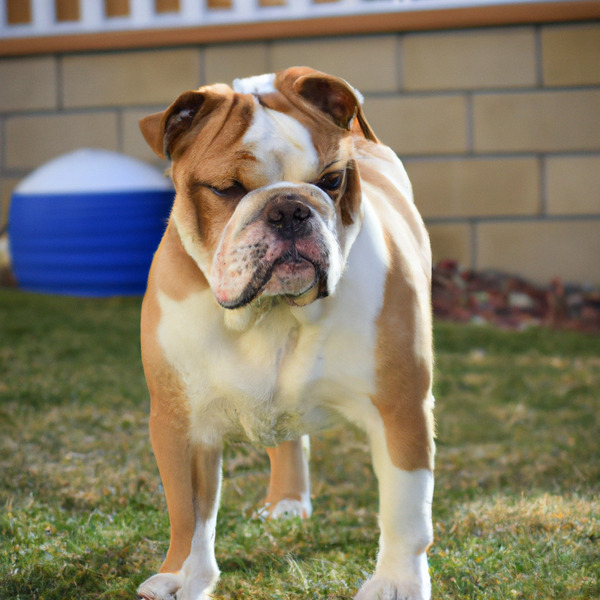
Buggs
Lurcher vs Buggs
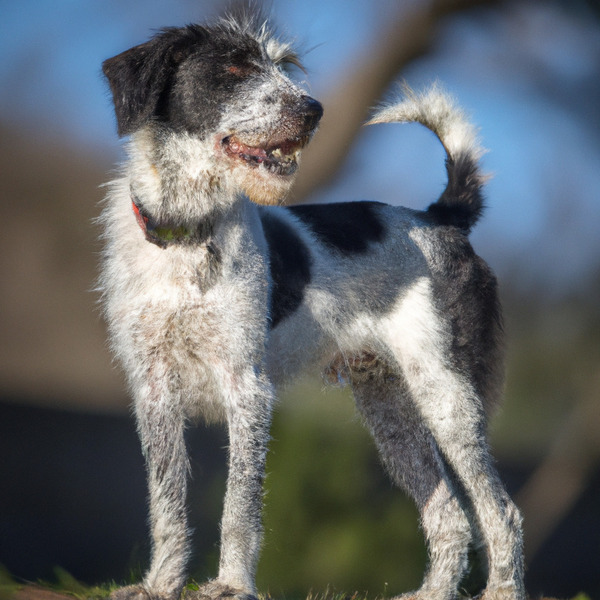
Japanese Terrier
Lurcher vs Japanese Terrier
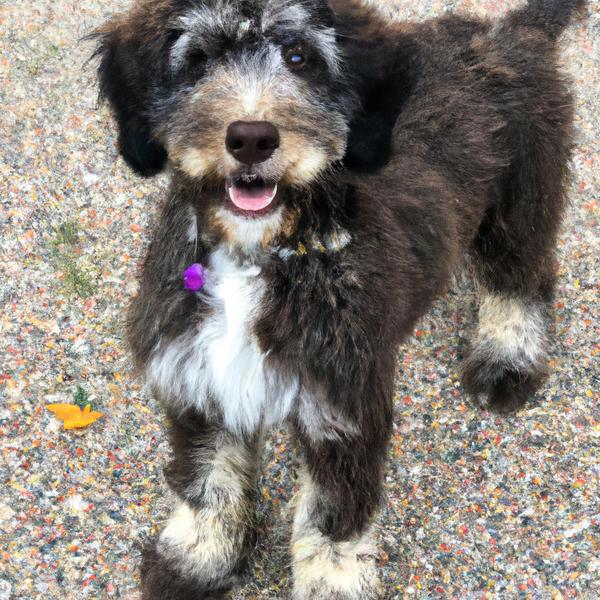
Miniature Aussiedoodle
Lurcher vs Miniature Aussiedoodle
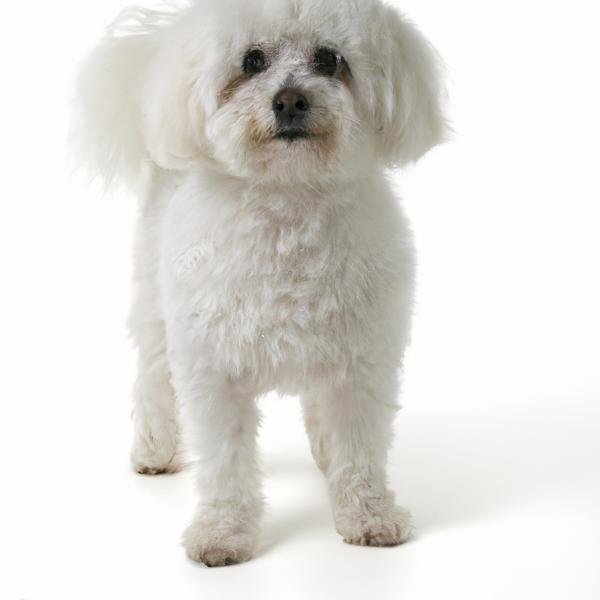
Bichon-A-Ranian
Lurcher vs Bichon-A-Ranian
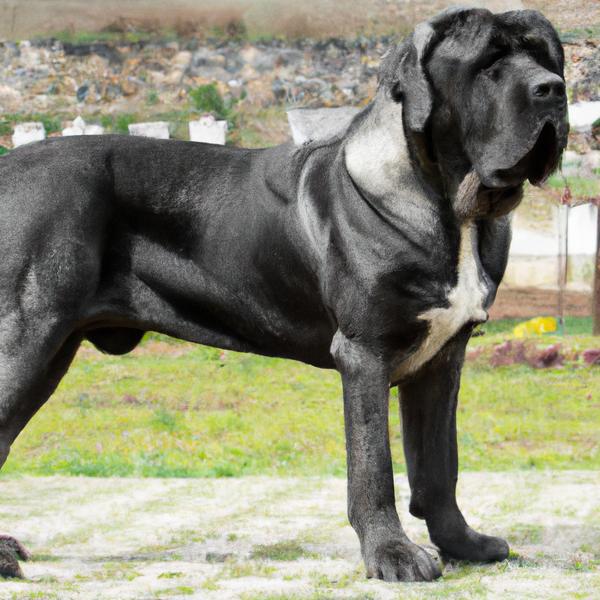
English Mastahoula
Lurcher vs English Mastahoula
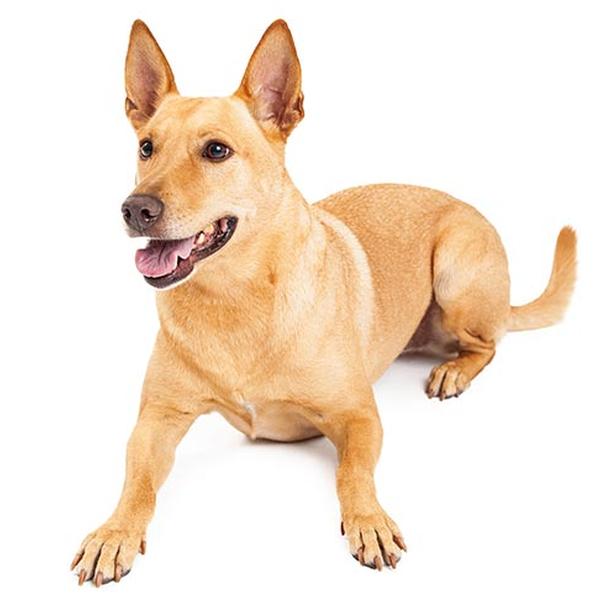
Carolina Dog
Lurcher vs Carolina Dog
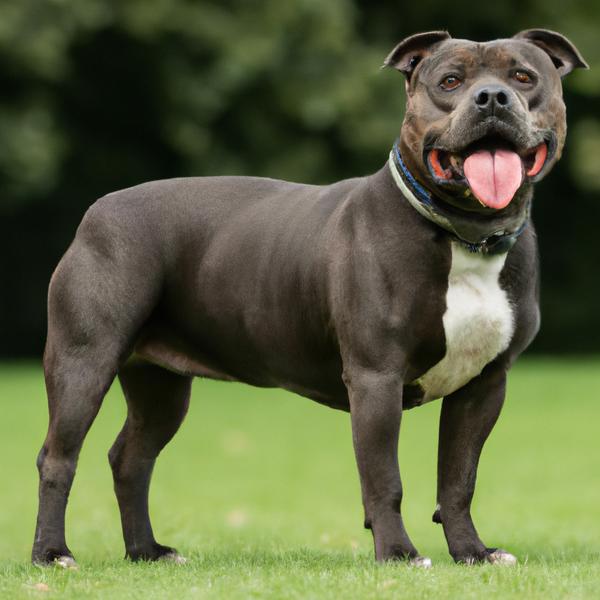
American Bully Staffy Bull Terrier
Lurcher vs American Bully Staffy Bull Terrier
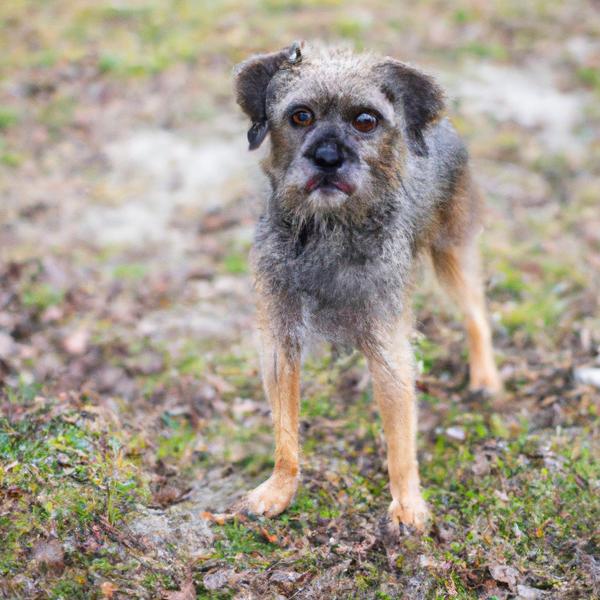
Broodle Griffon
Lurcher vs Broodle Griffon
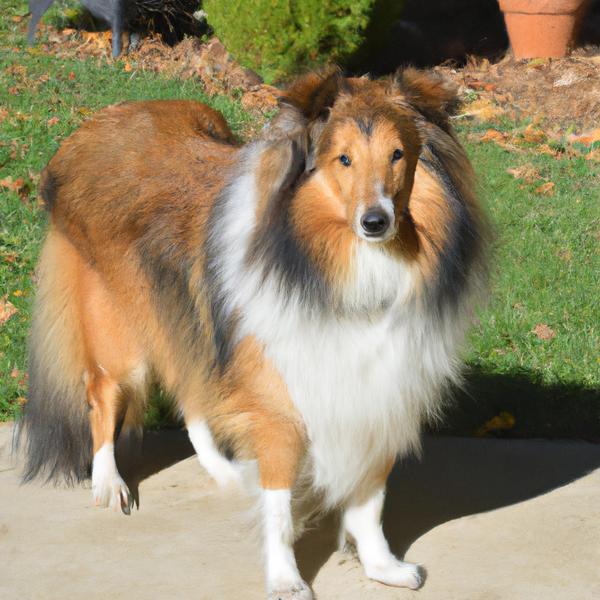
Gordon Sheltie
Lurcher vs Gordon Sheltie
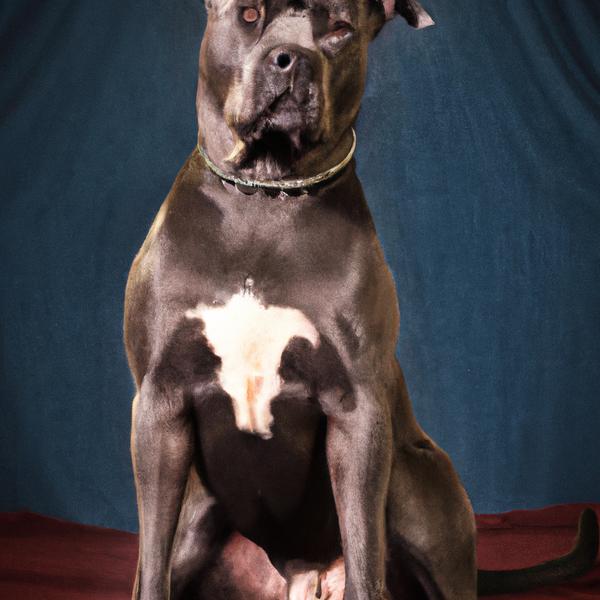
American Pit Corso
Lurcher vs American Pit Corso
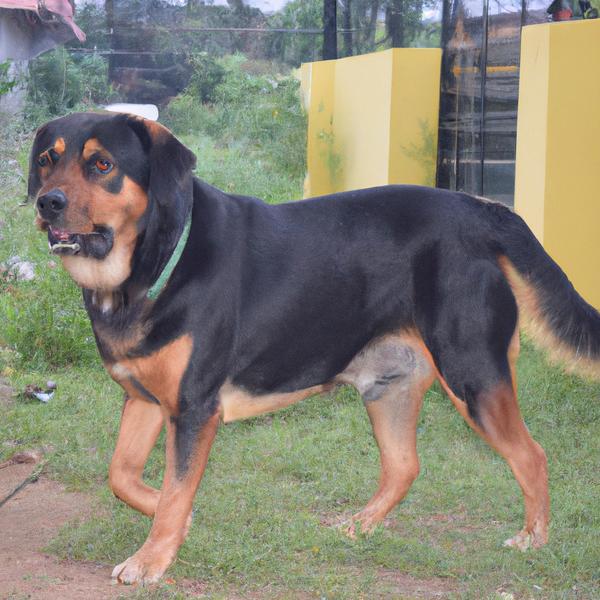
Reagle
Lurcher vs Reagle
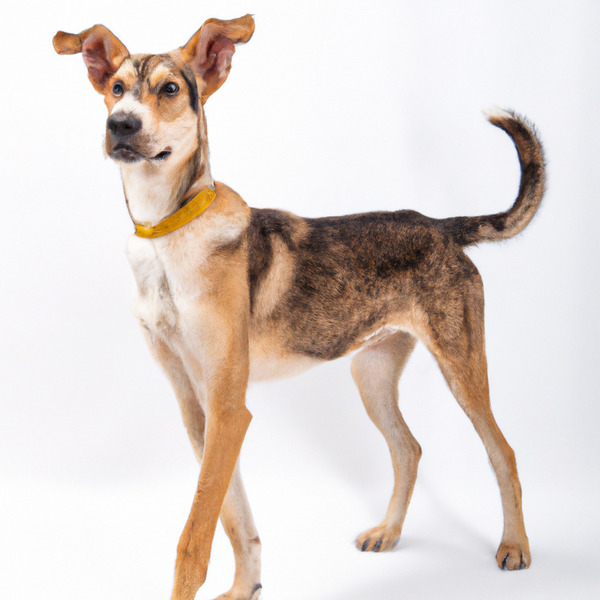
Afador
Lurcher vs Afador